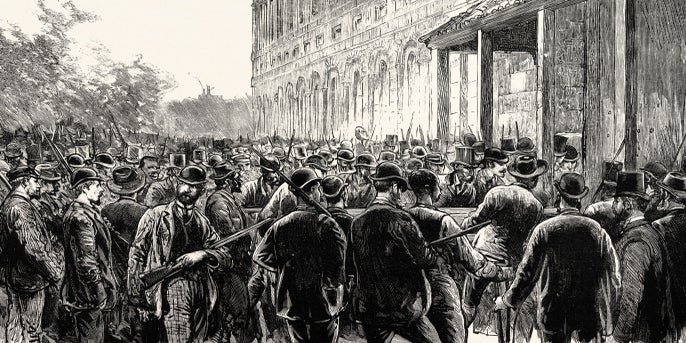By : Cora Bagley Marrett And Cheryl Leggon
This volume contrasts the order model, which views power struggles as short-term abnormalities, with the conflict model, which sees society as a continuous political struggle between groups with opposing goals. It emphasizes the importance of power in race and ethnic relations, arguing that the order model underestimates the role of power in maintaining societal stability.: The document discusses how self-esteem is influenced by socialization and the environment, with references to various theories and studies. The contributors provide numerous references to other works and studies, indicating a well-researched and comprehensive analysis.
JAI Press. Greenich Connecticut. 1979. 216p.



